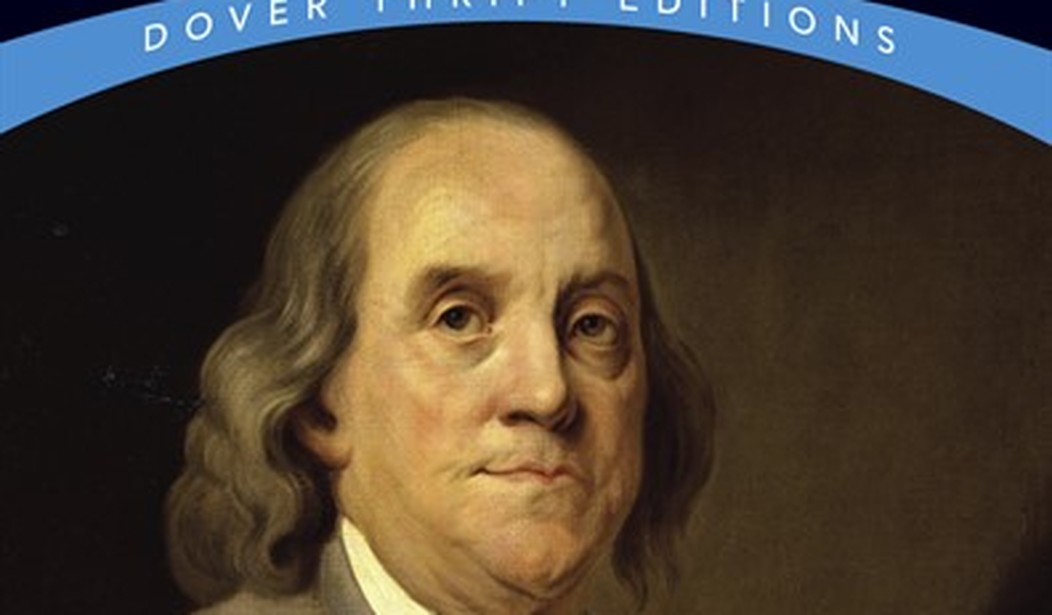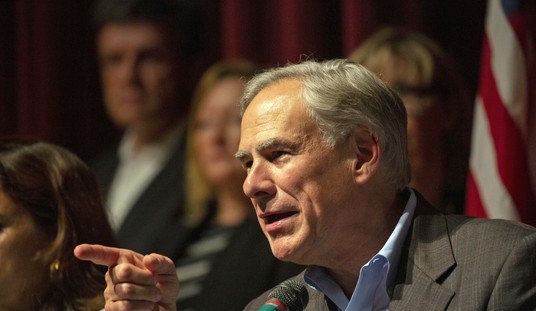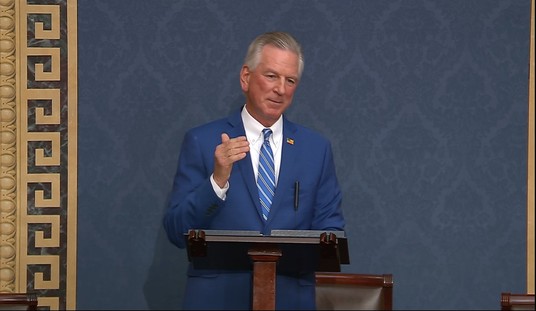We're all familiar with the story behind this article's headline. It was the last day of the Constitutional Convention, Sept. 18, 1787, when a prominent Philadelphia socialite, Elizabeth Willing Powel, confronted Benjamin Franklin outside of Independence Hall and asked him, "Well, Doctor, what have we got, a republic or a monarchy"?
Franklin was overheard replying, "A republic, ma'am. If you can keep it."
Historians have debated the historical provenance of this quote, since it first appeared in a journal kept by James McHenry (1753-1816) while he was a Maryland delegate to the Constitutional Convention.
Mrs. Powel would have been well aware of the debates over what kind of government was being discussed, since her house was the most prominent salon in Philadelphia at the time, and most delegates to the convention would have attended parties and gatherings there. She was as active in politics as a woman of the time could be.
Franklin knew Powell, and was no doubt aware that on the last day of the convention, she already knew that the delegates had created a republic. All of this points to an apocryphal addition by McHenry to his journal to sum up the recently concluded debates.
Even if it is apocryphal, it's the most prescient warning ever given by an early American. A republic is the hardest form of government to maintain. It's also the most fulfilling and satisfying way for people to govern themselves.
Although just a Hollywood movie, the 1960 film, "The Alamo," has the best description of what a "republic" means to many. Davey Crocket explains to William Travis why his Tennesseeans are willing to fight against Santa Ana.
Republic. I like the sound of the word. It means people can live free, talk free, go or come, buy or sell, be drunk or sober, however they choose. Some words give you a feeling. Republic is one of those words that makes me tight in the throat – the same tightness a man gets when his baby takes his first step or his first baby shaves and makes his first sound as a man. Some words can give you a feeling that makes your heart warm. Republic is one of those words.
That "feeling that makes your heart warm" has been mercilessly and relentlessly attacked by elites of both parties, the nation's educational system, and our cultural masters in Hollywood and New York City.
The deeply held beliefs and feelings about the United States of America of tens of millions of people are mocked, sneered at, belittled, and denounced as "brainwashing" or "indoctrination." It's a time when outward manifestations of love of country are punished in public places.
Samuel Abrams, an American Enterprise Institute fellow, recently took his son to a Yankees game. On the way back home, the youngster spontaneously broke into a rendition of "America the Beautiful" on the subway, after having sung the song during the 7th inning stretch at the game. The looks he and his son received from passengers were appalling.
That moment revealed something troubling: a growing discomfort with, even disdain for, public expressions of national pride. This isn’t about honest criticism of our history. What we’re witnessing instead is a reflexive cynicism—an instinct to recoil from the very idea that America is worthy of affection, reverence, or gratitude.
Anti-American sentiment is becoming normalized, especially in elite spaces. Politicians, educators, and influencers increasingly treat patriotism as a liability, not a virtue. In public life, dissent is celebrated while civic affection is suspect.
The numbers back this up. A Wall Street Journal–NORC poll found that just 38 percent of Americans say patriotism is “very important”—down from 70 percent in 1998. Among those under 30, that figure plummets to 23 percent. Pew and Gallup both report declining trust in virtually every major institution.
I lived through a similar period in history during the 1970s. Outward displays of patriotism were frowned upon in most public spaces. An entire generation of American youth believed the U.S. wasn't worthy of love or admiration. The lessons of the World War II generation about unity and sacrifice for the common good were lost.
The election of Ronald Reagan changed that. What his election proved is that despite all the naysayers, the well from which patriotic love and devotion are drawn is deep, and never far below the surface. While the young may currently turn up their noses at patriotism, polls also consistently show "that young people still crave belonging and purpose," Abrams writes.
The attraction of New York's socialist mayoral candidate Zohan Mamdani is only the latest troubling sign that America's youth have gone astray. Abrams writes:
Mamdani, refuses to condemn chants like “Globalize the Intifada,” downplays national cohesion in favor of resentment narratives and group conflict, and embraces a despairing vision of America.
That Mamdani’s platform is gaining traction in the most symbolically American city in the world is a remarkable testament to our civic trajectory.
It's not too late, but it soon might be. America's "civic trajectory" is self-destructive, almost nihilistic. Our elites revel in trying to outdo one another in warning about "fascism" and other hysterical exaggerations, as if this huge nation can slip from democracy to fascism in a single year. The democratic structure that holds the republic together is shaken, but hardly toppled.
The last three presidents have governed by executive fiat. That's not a recipe for maintaining the health of the republic, but it is also not a cause for despair. Congress is still in business, and the courts are still working. Regardless of your political inclinations and allegiances, it should be recalled that we've gone through much worse periods in our history and survived.
If Mrs. Powel were to ask her question today, and Ben Franklin were around to answer it, he would say the exact same thing. The republic is frayed around the edges, and the machinery of democratic government is a little creaky.
But it's still here. If we can keep it.
Editor's Note: Radical leftist judges are doing everything they can to hamstring President Trump's agenda to make America great again.
Help us hold these corrupt judges accountable for their unconstitutional rulings. Join PJ Media VIP and use promo code FIGHT to get 60% off your membership.










Join the conversation as a VIP Member